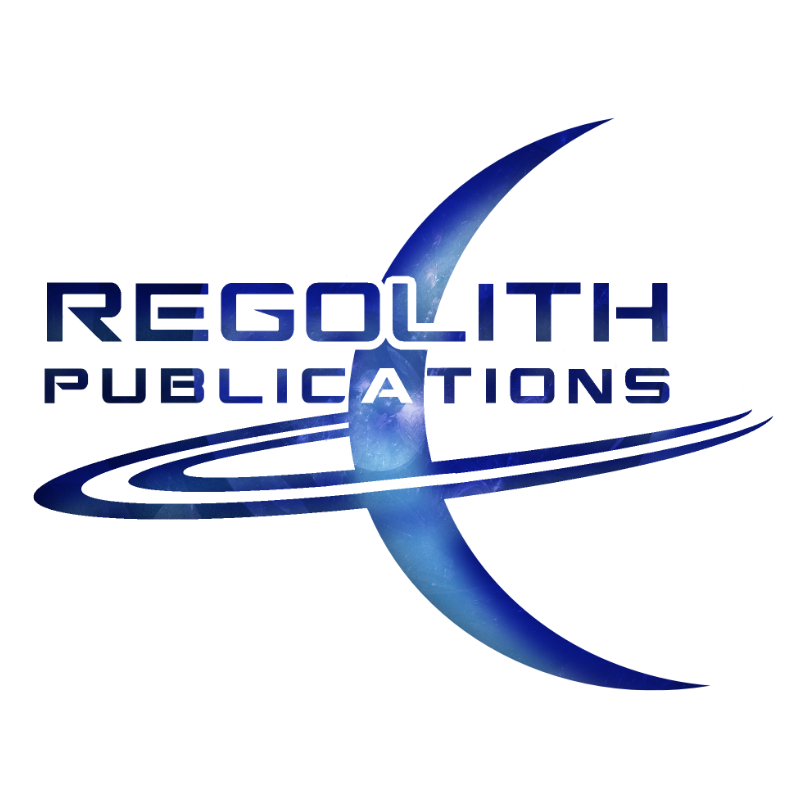 I love Angelina Jolie. Truth be known, I've had an epic crush on her ever since I saw her in the cult-hit Hackers when I was but a prepubescent teen. Here's another little secret. I've never stopped crushing on her. But here's the thing. All the recent anti-Jolie hate which has arisen due to her bold choice to have a radical mastectomy has not sit well with me. In fact, quite frankly, it has pissed me off to the nth degree. Most the people hating on her are completely uniformed. Those few who are informed usually neglect to acknowledge that at the end of the day, it's none of their concern. It's her body. Her right. She is allowed to do what she thinks is best for her. The rest can butt out. But that doesn't stop insensitive comments like this one from being made: "A woman’s breast is the most eloquently powerful and universal symbol of the continuity of Life, and Woman as revered life-giver and nurturer. To convince a woman of Jolie’s status to publicly commit to such a vicious and unwarranted attack on her own body is a misogynisitic master-stroke of epic proportions." Because, you know, women couldn't possibly be anything but a symbol for child rearing life-givers and nurturers, right? Women couldn't possibly have minds of their own and, *gasp*, make them up without the influence of men who would seek to tell them what to do with their own bodies. Sounds exactly like something a misogynist would say, if you ask me. And maybe some of the criticisms raise valid concerns. But even the best of them come off sounding like Angelina Jolie made a rash decision that's likely to backfire. And that's simply not the case. What she did was probably more difficult than any of the naysayers can imagine. In fact, I guarantee it. Unless they have had their own mastectomies, I highly doubt they could sympathize to the full extent with what she endured or the reasons why. It seems most people are just shocked at the fact that she would cut off her breasts without having cancer. But let's not forget, she based her choice off of hard science. And the science said she had over an 80% chance of developing cancer before her fifty-sixth birthday (she's thirty-eight now). Sure, the science could be off, give or take a small margin of error, but this is cutting edge genetics we're talking about. It's highly accurate because the amount of information involved in decoding the genes yields highly accurate results. It seems, given the information Jolie had, she made the right decision. I commend her on her courage. It couldn't have been easy. I see women as people--as equals. It's how I can empathize with Angelina Jolie while her detractors attempt to trivialize what she did--and make it into some kind of controversy when it's clearly not. In my mind Angelina Jolie is good people. Talented. Smart. Beautiful. Always.
0 Comments
 This is going to be a short rant about book reviewers who ding books for being too "unrealistic" when, in fact, the very book they are reviewing is set in a genre that is highly unrealistic. I have seen numerous reviews by people who will rate a book as low as possible if the book doesn't adhere to an uber-stylized hyper-realism. I have seen YA paranormal romance novels given bad reviews simply because they weren't "realistic" enough. I have seen zombie novels given poor reviews because they weren't "realistic" enough. Now realism is just a form of style. But when you are dealing with fantasy novels which involve magic, the paranormal, or the living dead crawling out of their graves--suffice to say--there is only going to be so much realism to the stories to begin with. One has to suspend their disbelief to truly get into the supernatural elements of these types of genres, whether occult, paranormal, or zombie stories. That's not to say you couldn't write a super-duper uber-stylized hyper-realistic fantasy novel. But what bothers me is the fact that people are down-voting books not because of anything wrong with the writing or storytelling but because they didn't like that one thing that didn't seem real enough for their tastes. If your preference is for more realistic type stories--don't fucking read fantasy! If you give a bad review for a fantasy novel based on the fact that it wasn't *real enough for your tastes, you're an idiot. How do I know this? Let's put it the other way around. Down voting a historical biography because it wasn't fantastical enough for you is, well, idiotic. Oh, this popular science book on evolution sucked--there wasn't enough magic in it! This fantasy novel didn't feel real in this one scene, I'm gonna take a crap on it, then bad mouth it online! That'll show em'! I prefer reviews by people that actually review the content of the work and don't write a one page diatribe about how the book didn't suit their tastes. I not only prefer reading them, I prefer receiving them too. The problem is, many of the so-called reviews that authors get on forums like Amazon.com amount to little more than opinion minus any real discussion of content. And this doesn't help the author. For example, when the reviewer says something like--"The book wasn't realistic enough. It needed more realism."--the author is left wondering what they could have improved on--apart from the vague and nebulous concept of a fantasy novel needing more realism--whatever that might mean. Recently, I received a rather abysmal review for my book Bitten: A Resurrection Thriller where the reviewer said the story was well written but that the military aspects weren't at all realistic. His review amounted to basically, "I was in the military and nobody can just fire a gun and hit anything without proper training." Well, okay, you were in the military, so what? One of the things I tried to do was show that my characters do not know how to automatically use weapons. They fumble loading their gun. They drop bullets. They miss when they shoot. They get hurt by handling the gun wrong. Personally, I felt this was more realistic than, well, having all my characters just automatically know how to use weapons. But the gun play isn't the main aspect of my story. In fact, gun play a minimal role in Bitten because the story isn't about killing zombies--it's about the people. The part of the review that I was interested in most was when he said a lot of the story seemed like a teenager's sex-fantasy. Well, yes, and that was on purpose. And it's part of the story, unlike other novels which just throw in sex, just because. It made me question whether this person actually read the book through to the end, because seeing how sex is utilized as a significant part of the story, for a reason, would be a light-bulb moment for any reviewer who is going to mention it. If you didn't read the book through to the end, however, I could see how it might seem like there was a lot of sex scenes. Bitten has six sex scenes, if you were wondering. But only one of them is frivolous. The others all are integral parts of the story. And if that doesn't make you curious, I don't know what will. Well, I can't complain too much. He did find it well written. But then he called it a waste of money. I had to hold back asking him how a well written book could possibly be considered a waste of money, because I didn't want to harass someone about giving me a bad review. That would be unprofessional. So I'll just blog about it instead. After all, everyone is entitled their opinions. 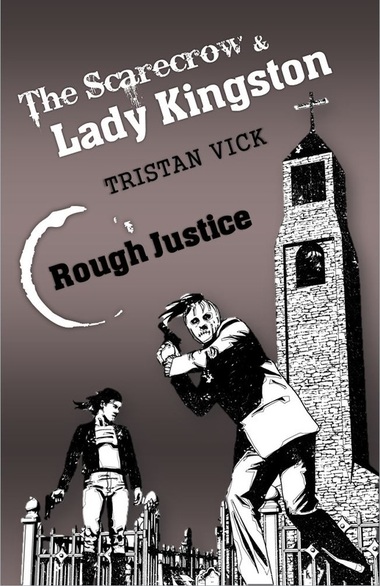 I am currently re-editing my short story collection so as to collect them into a novella. I have a 130 pages so far, so it might expand to anywhere from 160 to 180 pages when completed. Here is the tentative cover. I am liking the black and white theme with this one. I may consider having it colored, but I don't know yet. Zooey Deschanel. Need I say more? Apparently New Girl is sending mixed-messages and is confusing many television viewers, as I recently found out after posting a comment about New Girl being my new favorite show. Immediately after complimenting the show I had numerous commenters explain to me that they found the humor forced. Now forced humor isn’t necessarily a bad thing, especially when it’s done right (Scrubs for example), and humor is largely a matter of taste (The Flying Circus for example), but the question is—as far as the criticism goes—what does it mean when one says the humor is forced? It means the jokes do not arise out of the standard situational events and therefore the timing of the joke may not fit with the pacing of the set-up of the scene and so the payoff might seem unnatural. Usually these are the moments when the audience is expected to laugh although nothing particular happened and have no choice but to laugh along with a laugh track full of god awful canned laughter.
All of the characters on the show New Girl have motivations which are clear, and these motivations ultimately get fleshed out as the series progresses. From the start we learn that Jess (Zooey Deschanel) has been cheated on by her boyfriend, who she was living with, and is in need of a new apartment. She finds a loft with three men who are in need of a roommate to help accommodate paying the bills. That’s the set-up for the premise of the series—three guys and a girl living together (vs. two girls and a guy like the classic sitcom Three’s Company). Of the male characters we have Schmidt (Max Greenfield), Nick Miller (Jake Johnson), and Winston Bishop (Lamorne Morris) who just so happen to all be best friends. Like Jess, their motivations are quite simple. Schmidt is sold on Jess becoming their roommate because her best friend CeCe is a supermodel. Schmidt spends the rest of the series pursuing CeCe’s heart, even as she gives him her affection. Winston, meanwhile, has just returned from a stint playing in the European pro-league basketball and is looking for a new job stateside, having retired from b-ball. And Nick, well, he’s just trying to get his life together. Now these motivations may not seem like much, but compare them with another hit show, like the Big Bang Theory, and you’ll quickly realize that these simple, straight forward, motivations found in New Girl are a much better springboard for driving the plot forward than the leading competition. Even hit shows like the Big Bang Theory do not have fully developed character motivations, and besides this, many sitcoms lack any overarching character narratives as they are typically confined to the sitcom stand-alone episode formula. The only real motivation in the entire first season of BBT was Leonard trying to date Penny. Nothing else could really be considered a primary motivation for any of the characters. Later as BBT developed, we learned Penny had the motivation to become an actress, but this has since seemingly been forgotten. At least, it isn’t a motivation that’s driving her character any longer (it’s more like Penny’s dream), and well, what is Penny’s motivation? She has none. Likewise, Howard Wolowitz’s motivation was also to get a girlfriend, identical to Leonard, and it wasn’t until season three of the BBT that Howard developed anything in the way of an original motivation, namely to escape life living at home with his overbearing mother. As for Raj Koothrappali, exactly like Leonard and Howard, his entire motivation was to find a girlfriend and stop living a miserable, lonely, existence, which he has since found, and so is seemingly once again without a proper motivation. Sheldon never has had any driving motivation and, well, they gave him a girlfriend anyway. This isn’t to say the Big Bang Theory is a bad sitcom. It’s actually extremely fun to watch, and the jokes are always laugh-out-loud funny, but I would say that many of the BBT’s jokes are so formulaic they become predictable. Penny will always misunderstand science, Sheldon will always be awkward in social situations, and although most of the jokes in the BBT revolve around this predictable formula, it’s a formula that works well for the series. Now that isn’t to say New Girl isn’t formulaic, because it is, but it’s far less predictable. With New Girl the character’s motivations do compel a larger narrative, and as this narrative develops so do the characters. This sort of writing is much more involved, and it takes more skill to pull off while keeping the show feeling fresh, and I think many viewers probably take this for granted. I sure know the critics do. New Girl’s ensemble cast jives just as well as the Big Bang Theory’s, and perhaps shares more in common with the popular sitcom Friends (all three being about friends living together in apartments), but there is a key difference with New Girl compared to other sitcoms, past and present. The lead protagonist is a female. Whereas shows like Friends and the Big Bang Theory are about the adventures of a tight group of friends, New Girl bucks the trend of male leads (i.e., Fraser, Seinfeld, Louie, Everybody Loves Raymond, The Cosby Show, Three’s Company, Two and a Half Men, Cheers, Wings, Monk, etc.) and I personally find that refreshing. While Ugly Betty, 30 Rock and Cougar Town also showcase strong female leads, they too succumb to the sitcom style of being overly episodic. Even as I commend them on focusing on comedic women I tend to find these shows all lack a certain quality and consistency in terms of the overall narratives of their lead female characters. New Girl, luckily, keeps the focus on Jess’ motivations, and this always pushes the story forward in a way which seems like the next episode is connected to the last. In other words, New Girl isn’t just about great LOL gags, it’s also about good storytelling. At the same time New Girl isn’t a show that’s afraid of being a little bit wacky, zany, and sometimes unpredictable. Jess even makes constant references to old Hanna-Barbara and Looney Tunes cartoons, she frequently breaks into song and dance to narrate her life or the situation she is in, and has a plethora of random quirks which all become the bedrock of her character also makes her unique charm the bedrock of the series. Perhaps this is why people have been telling me that they just can’t get into it. Jess is not a normal woman. She’s eccentric, to say the least. But she’s also a delight. If you asked me who would I rather date, Penny from the Big Bang Theory or Jess from New Girl, I’d say Jess every time. And that’s not just because Zooey Deschanel is “my type” (because she totally is) but that the character she portrays is really fascinating and lovable, and I would have to say the Penny character is, regrettably, too one dimensional. That doesn’t mean I don’t like Penny. I find her sweat, and Kaley Cuoco is a rare beauty, but Penny does conform perhaps a little too much to the dumb blonde stereotype. As far as I can tell, Jess is not beholden to any preconceived stereotypes, and that’s great that the writers and show runners of New Girl are respecting their lead character enough to make her genuinely original. Jess as portrayed by Deschanel is stand-out in every way, and as the lead, that’s taking a big risk (especially on a network notorious for cancelling shows that fail to generate buckets of money). All in all, do I think New Girl is the greatest American sitcom of all time? No. That title belongs to Arrested Development, which is one of the most brilliantly written pieces of comedic television I’ve ever had the pleasure of viewing (closely followed by Faulty Towers). Is New Girl as inventive or topically relevant as a show like Louie, which is a hybrid of Louis C.K.’s brand of stand-up with sitcom elements sprinkled throughout? Not so much. These latter comedies are groundbreaking shows that have dared to try new things and refuse to be pigeonholed as just another variety sitcom—and will be remembered for breaking the mold. New Girl isn’t as groundbreaking, but the writing is solid, the characters have real motivations and goals, and there is a strong narrative thread that keeps your interest in the series. It’s hard not to watch three or four episodes and not become invested. I find that hard to say about many of the other sitcoms on television today. Blood, Sweat and Books interviews me about my writing. We talk about everything from writing style, to genre, to zombies and more! Check it out.
|
Tristan VickBy day I am an educator and a cultural ambassador. By night I entertain notions of being a literary master. In reality I am just a family man and ordinary guy who works hard and loves writing just about as much as I love my family. Just about. AVAILABLE NOWNEWSLETTER
|
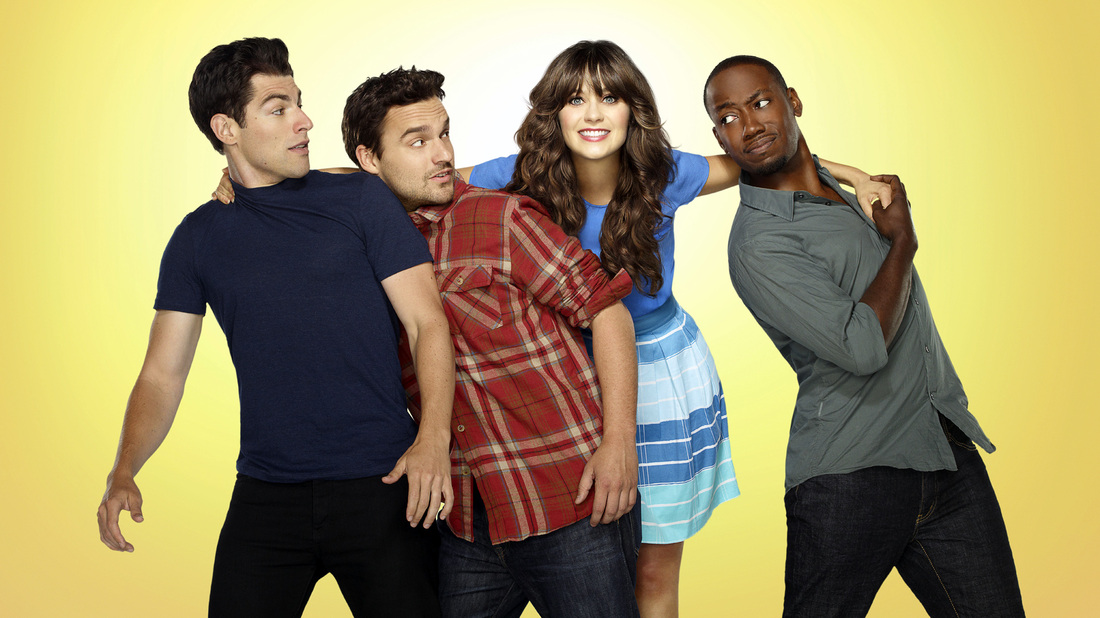
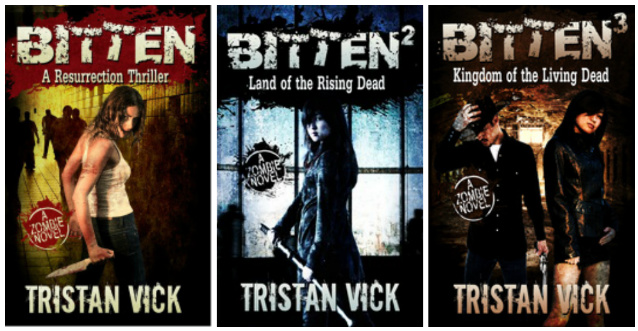


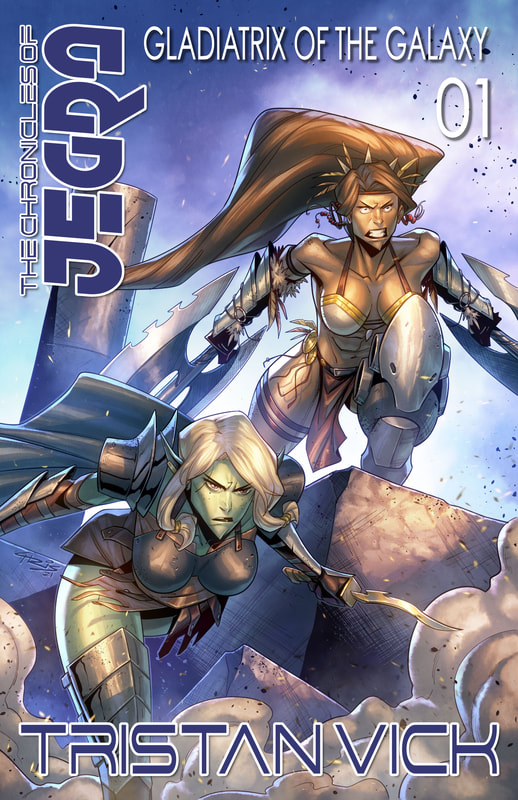
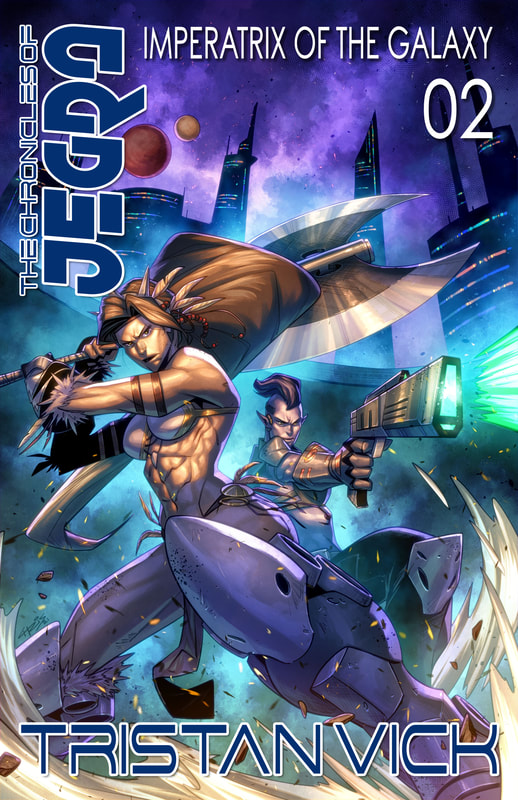
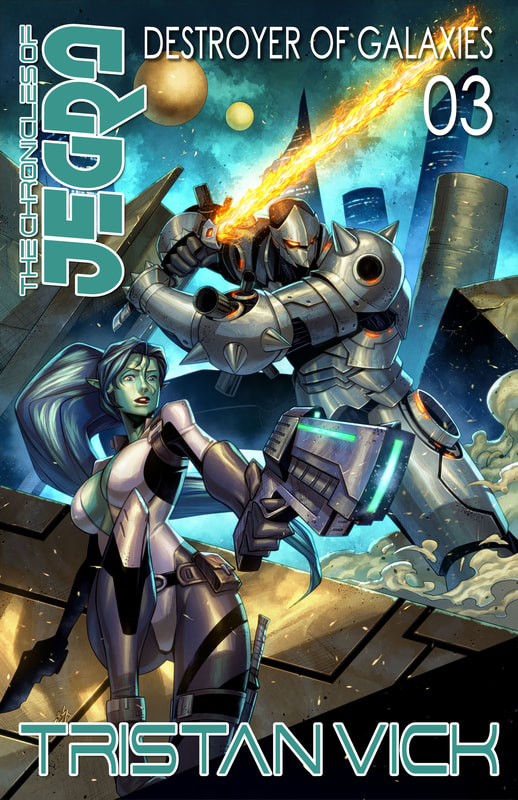
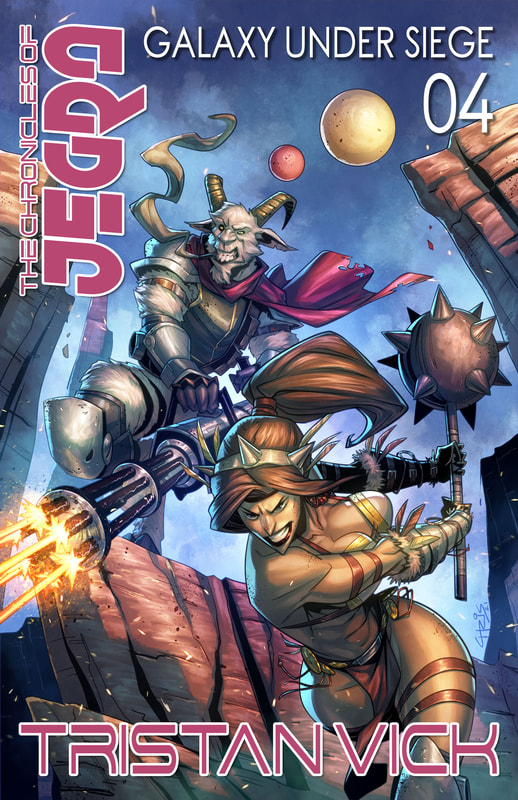
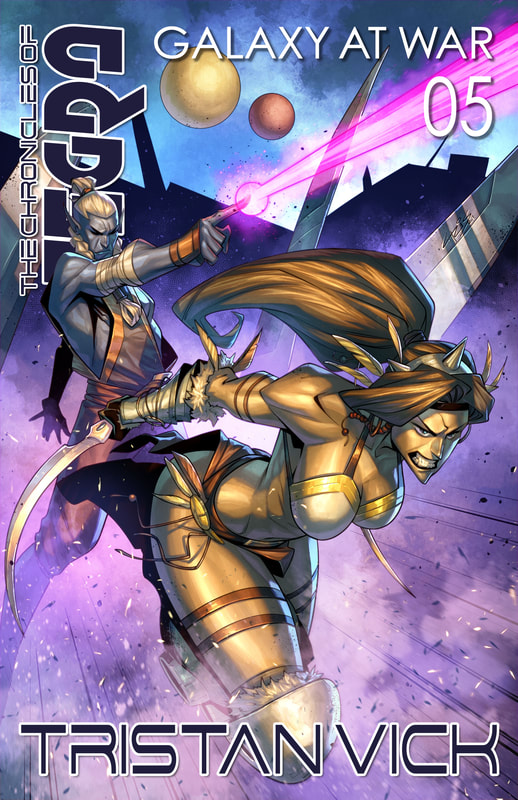
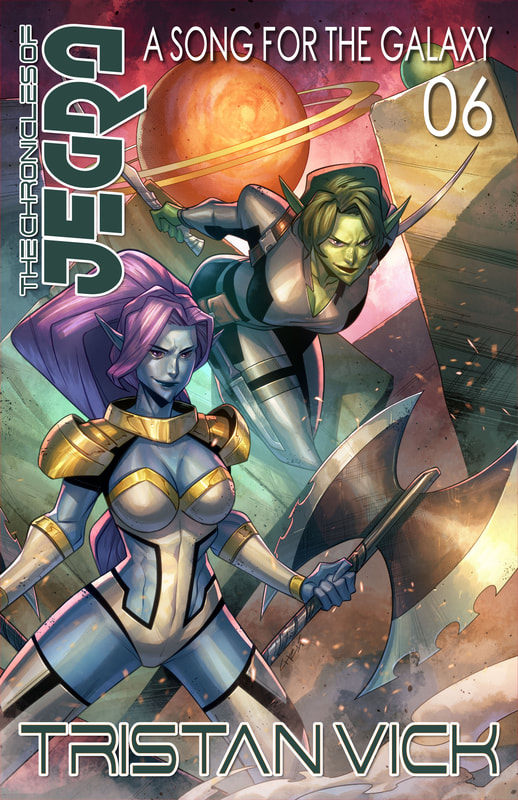
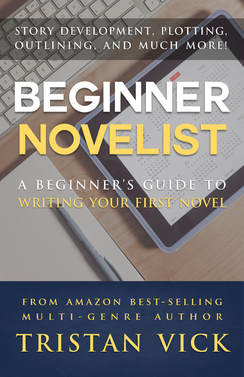
 RSS Feed
RSS Feed
